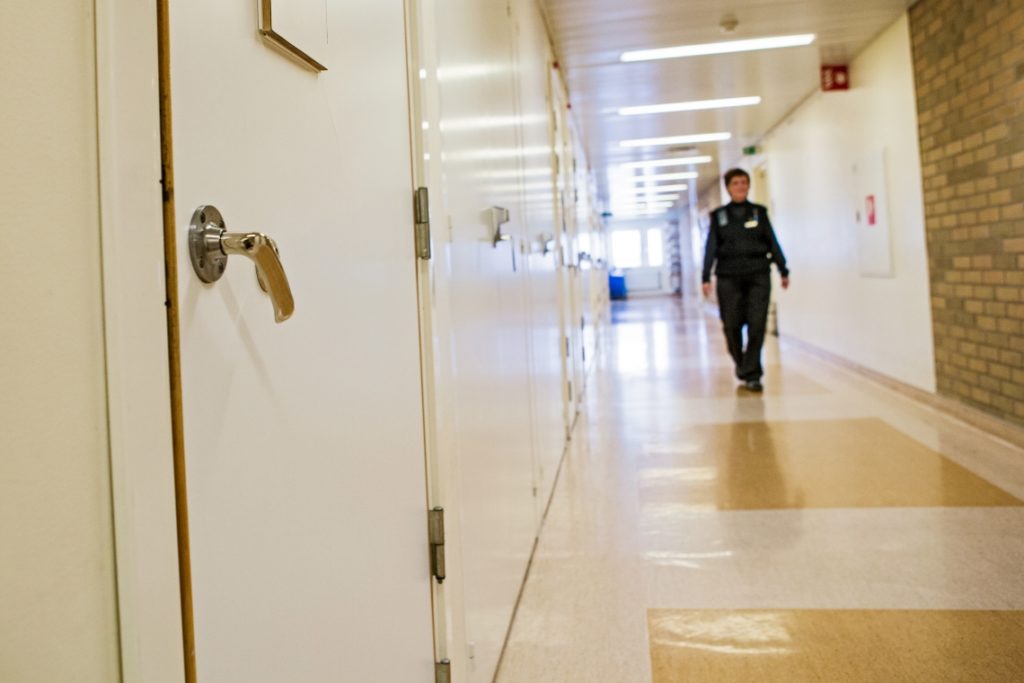The primary UN body monitoring child rights urged this week European countries to end the detention of children in the context of migration. EU directives on reception conditions and return procedures allow detention of minors and families with minors as a last resort if other less coercive alternative measures cannot be applied effectively and only for the shortest period of time. “EU law should not allow for child immigration detention, even as a last resort, and the reform of the Common European Asylum System is a timely opportunity to ban this practice,” said Judge Renate Winter, Chair of the UN Committee on the Rights of the Child.
Winter stressed that “the claim that detention is necessary to protect children from going missing, being exploited or ‘absconding’ (when subject to a return procedure) is misguided”.
“Detaining children, whether unaccompanied or on the basis of their or of their parents’ immigration status, is never in the best interests of the child and constitutes a violation of the rights of the child.”
“There can be no exceptions to this principle,” Winter said. “All EU Member States have ratified the UN Convention on the Rights of the Child, and there should be no provisions in EU law that allow for practices that violate EU Member States’ international obligations.”
“To truly protect children,” Winter said, “the EU and its Member States should redirect resources from detention centres to non-custodial, human-rights-based solutions.”
Asked by The Brussels Times about EU’s position on child immigration detention, a spokesperson for the European Commission replied that “We agree that alternative measures to detention of children should be prioritized. We have always encouraged Member States to do this.”
She referred to the directives which state that detention of minors is only allowed as a last resort and after considering the best interests of the child (the Return Directive).
Another EU source told The Brussels Times that sometimes detention of children might be acceptable because of unavoidable circumstances. Often these circumstances are triggered by the parents themselves.
Member States have argued that detaining unaccompanied minors could be in their best interest to protect them against human smuggling, sexual abuse and prostitution.
Another situation is parents with children who have been refused a residency permit in a court. To prevent these families from going into illegal hiding, where they are often exploited, they may be housed in a closed institution.
Eurostat, the EU statistics office, told The Brussels Times that it does not have any statistics on child immigration detention.
M.Apelblat
The Brussels Times

